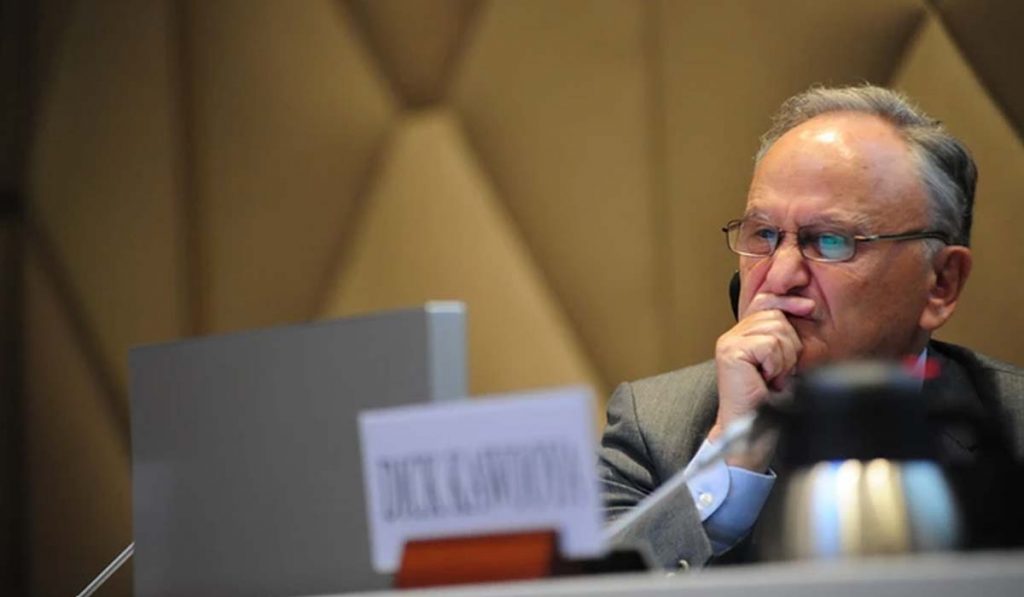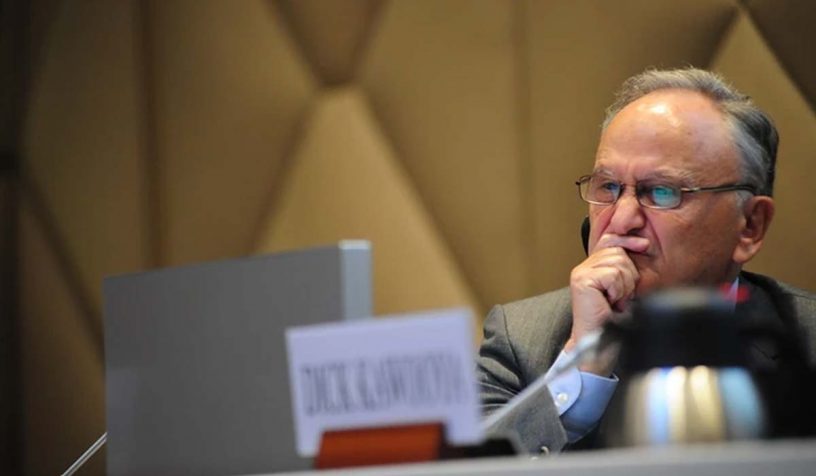
To overcome the impasse, the WTO should adopt the Walker Principles, which set out policies to resolve the conflicts with the Appellate Body that the US has raised.
Author
Nimisha Thomas, Lecturer and Assistant Dean at Jindal Global Law School, O.P. Jindal Global University, Sonipat, Haryana, India.
Summary
The World Trade Organization (WTO)’s Dispute Settlement System, often referred to as the “jewel in the crown” of the WTO, is facing an existential crisis despite being the most solicited international adjudicatory system. While dispute resolution through consultations and panels continue to move forward, the working of the Appellate Body (AB) has come to a grinding halt, with 16 pending cases for appeal as of December 2020.
For two years, the US has blocked the appointment of new judges to the AB, preventing the AB from reaching the quorum necessary to hear appeals. The US’s obstructions are rooted in two allegations. First, the US alleged that the AB exceeded its mandate and misinterpreted the WTO agreements in several cases concerning the US and other member nations. Second, the US alleged that the AB contravened the WTO rules by extending its mandate after its term had expired. The US claimed that the discretion of extending the mandate of the AB lies with the WTO members rather than the AB itself.
Further, the US objected to the AB’s failure to adjudicate appeals within the 90-day-window required by the Dispute Settlement Understanding (DSU), the main WTO agreement on settling disputes. The US also raised concerns regarding the obiter dicta that constitute a major part of the AB reports, which would create complexity with the AB’s unprompted precedents.
Additionally, rather than limit itself to its original mandate of deciding on questions of law, the AB overstepped its mandate in reviewing factual findings. The US also objected to the AB placing importance on precedents, which might be blindly followed by panels in deciding disputes without considering the relevant merits of the dispute in hand.
Impairment at the appellate level threatens the survival of the multilateral trading system. The implication of this deadlock is grim; a signatory member dissatisfied with an AB decision could prevent the decision from becoming binding by seeking an appeal. Without an Appellate Body to adjudicate the dispute, the decision would remain in limbo. WTO members now face the risk of other signatories reneging on trade obligations and commitments established by WTO agreements.
Published in: Berkeley Journal of International Law
To read the full article, please click here.


